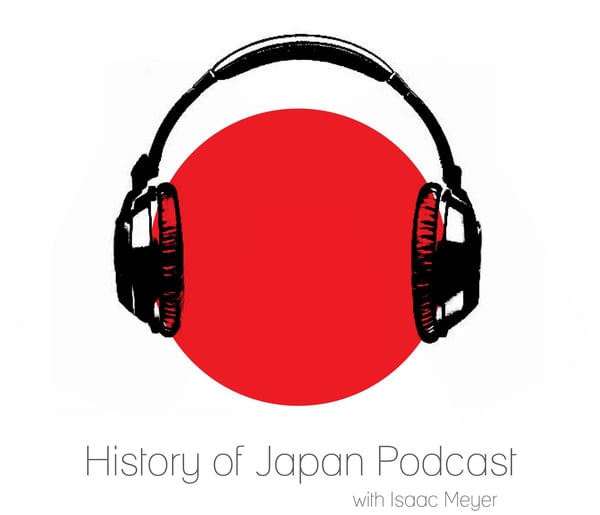Episode 175 - The Great Commoner
History of Japan
Isaac Meyer
4.8 • 744 Ratings
🗓️ 10 December 2016
⏱️ 30 minutes
🧾️ Download transcript
Summary
This week, it's time for Japan's first party politician: Hara Takashi. Was he a populist hero or a wannabe elite? And in the end, does that even really matter?
Transcript
Click on a timestamp to play from that location
| 0:00.0 | Hello, and welcome to the History of Japan podcast, Episode 175, The Great Commoner. |
| 0:22.6 | This week I want to talk about a political figure of 20th century Japan with whom we have not |
| 0:27.8 | spent that much time, but whose impact is truly undeniable. |
| 0:32.9 | In one sense, today is going to be another biography episode. |
| 0:36.6 | In another, it's nothing less than an outline of how pre-war Japanese democracy came to be. |
| 0:43.3 | Our subject today is Hara Takashi, also known as Hara K, both are possible readings for the character used in his given name. |
| 0:53.3 | Hara was born in 1856 in Morioka domain, which is now a part of Uate Prefecture. |
| 0:59.8 | The ruling family of Morioka was the Nanbu clan, an old family with roots that could be traced all the way back to the ancient Minamoto clan. |
| 1:08.7 | More importantly for our purposes, the Nambu clan had picked what was the |
| 1:12.9 | right side back in 1600. The clan head made the decision to support Tokugawa Iayasu at the |
| 1:19.8 | Battle of Sekigahara, and as a result, he received a position as a Fudai Daimyo, one of the |
| 1:26.7 | lords whose loyalty to the Tokugawa was |
| 1:28.9 | considered strong and whose privileges were expanded to reflect that. |
| 1:35.1 | Unfortunately for young Haratakashi, the position of his lord would be something of a political |
| 1:39.9 | impediment in his own career. When the Boe-in war began in 1868, Morioka domain remained true to the Tokugawa, and the |
| 1:49.8 | Nanbu family were among the lords who joined the Northern Alliance and continued to fight |
| 1:54.6 | against the Meiji Restoration even after Tokugawa Yoshinobu surrendered. |
| 2:00.7 | While the Nanbu family did not hold out to the bitter end, once it became clear how |
| 2:05.5 | things were going to shake out, they surrendered rather than risk annihilation. |
| 2:09.6 | That stand against the imperial court was not soon forgotten. |
| 2:14.4 | Men from Morioka were viewed with suspicion early in the history of the empire. |
| 2:18.3 | Now, Hara's nickname later in his career was the great commoner, but that name had a lot more to do with Hara's skill at playing politics than it did with reality. |
... |
Please login to see the full transcript.
Disclaimer: The podcast and artwork embedded on this page are from Isaac Meyer, and are the property of its owner and not affiliated with or endorsed by Tapesearch.
Generated transcripts are the property of Isaac Meyer and are distributed freely under the Fair Use doctrine. Transcripts generated by Tapesearch are not guaranteed to be accurate.
Copyright © Tapesearch 2025.

